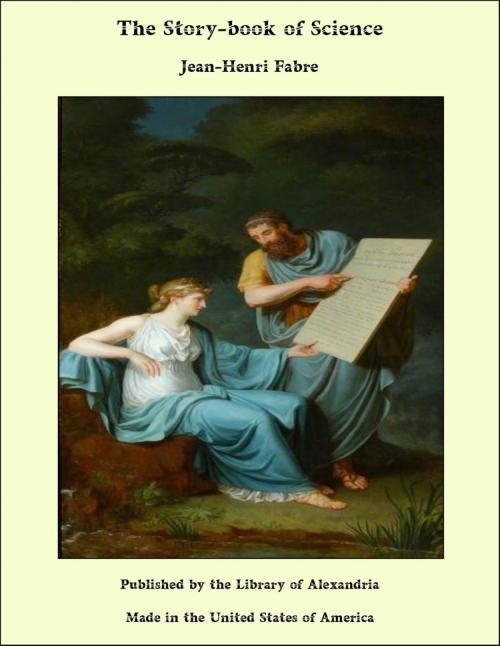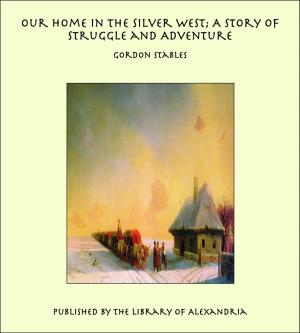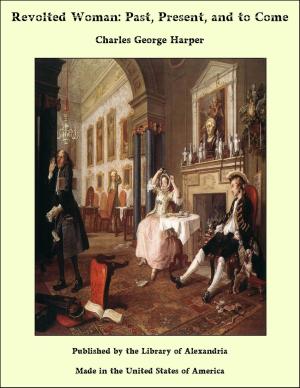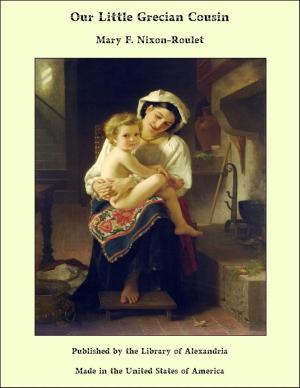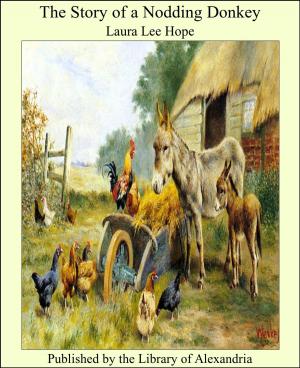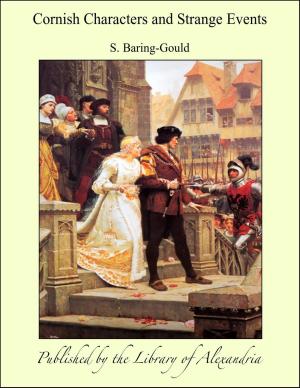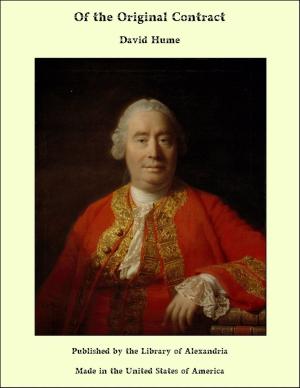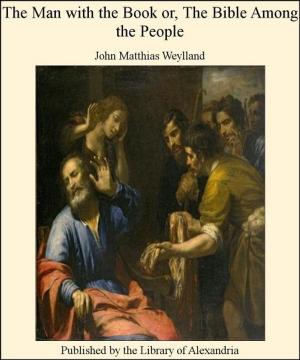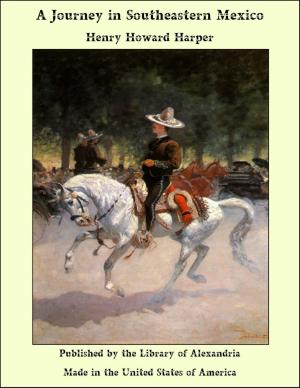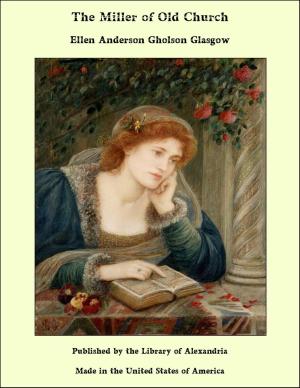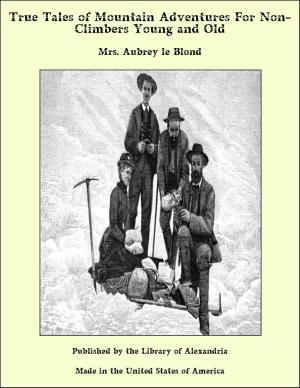The Story-book of Science
Nonfiction, Religion & Spirituality, New Age, History, Fiction & Literature| Author: | Jean-Henri Fabre | ISBN: | 9781465619075 |
| Publisher: | Library of Alexandria | Publication: | March 8, 2015 |
| Imprint: | Language: | English |
| Author: | Jean-Henri Fabre |
| ISBN: | 9781465619075 |
| Publisher: | Library of Alexandria |
| Publication: | March 8, 2015 |
| Imprint: | |
| Language: | English |
ONE evening, at twilight, they were assembled in a group, all six of them. Uncle Paul was reading in a large book. He always reads to rest himself from his labors, finding that after work nothing refreshes so much as communion with a book that teaches us the best that others have done, said, and thought. He has in his room, well arranged on pine shelves, books of all kinds. There are large and small ones, with and without pictures, bound and unbound, and even gilt-edged ones. When he shuts himself up in his room it takes something very serious to divert him from his reading. And so they say that Uncle Paul knows any number of stories. He investigates, he observes for himself. When he walks in his garden he is seen now and then to stop before the hive, around which the bees are humming, or under the elder bush, from which the little flowers fall softly, like flakes of snow; sometimes he stoops to the ground for a better view of a little crawling insect, or a blade of grass just pushing into view. What does he see? What does he observe? Who knows? They say, however, that there comes to his beaming face a holy joy, as if he had just found himself face to face with some secret of the wonders of God. It makes us feel better when we hear stories that he tells at these moments; we feel better, and furthermore we learn a number of things that some day may be very useful to us. Uncle Paul is an excellent, God-fearing man, obliging to every one, and “as good as bread.” The village has the greatest esteem for him, so much so that they call him Maître Paul, on account of his learning, which is at the service of all. To help him in his field work—for I must tell you that Uncle Paul knows how to handle a plow as well as a book, and cultivates his little estate with success—he has Jacques, the old husband of old Ambroisine. Mother Ambroisine has the care of the house, Jacques looks after the animals and fields. They are better than two servants; they are two friends in whom Uncle Paul has every confidence. They saw Paul born and have been in the house a long, long time. How often has Jacques made whistles from the bark of a willow to console little Paul when he was unhappy! How many times Ambroisine, to encourage him to go to school without crying, has put a hard-boiled new-laid egg in his lunch basket! So Paul has a great veneration for his father’s two old servants. His house is their house. You should see, too, how Jacques and Mother Ambroisine love their master! For him, if it were necessary, they would let themselves be quartered.
ONE evening, at twilight, they were assembled in a group, all six of them. Uncle Paul was reading in a large book. He always reads to rest himself from his labors, finding that after work nothing refreshes so much as communion with a book that teaches us the best that others have done, said, and thought. He has in his room, well arranged on pine shelves, books of all kinds. There are large and small ones, with and without pictures, bound and unbound, and even gilt-edged ones. When he shuts himself up in his room it takes something very serious to divert him from his reading. And so they say that Uncle Paul knows any number of stories. He investigates, he observes for himself. When he walks in his garden he is seen now and then to stop before the hive, around which the bees are humming, or under the elder bush, from which the little flowers fall softly, like flakes of snow; sometimes he stoops to the ground for a better view of a little crawling insect, or a blade of grass just pushing into view. What does he see? What does he observe? Who knows? They say, however, that there comes to his beaming face a holy joy, as if he had just found himself face to face with some secret of the wonders of God. It makes us feel better when we hear stories that he tells at these moments; we feel better, and furthermore we learn a number of things that some day may be very useful to us. Uncle Paul is an excellent, God-fearing man, obliging to every one, and “as good as bread.” The village has the greatest esteem for him, so much so that they call him Maître Paul, on account of his learning, which is at the service of all. To help him in his field work—for I must tell you that Uncle Paul knows how to handle a plow as well as a book, and cultivates his little estate with success—he has Jacques, the old husband of old Ambroisine. Mother Ambroisine has the care of the house, Jacques looks after the animals and fields. They are better than two servants; they are two friends in whom Uncle Paul has every confidence. They saw Paul born and have been in the house a long, long time. How often has Jacques made whistles from the bark of a willow to console little Paul when he was unhappy! How many times Ambroisine, to encourage him to go to school without crying, has put a hard-boiled new-laid egg in his lunch basket! So Paul has a great veneration for his father’s two old servants. His house is their house. You should see, too, how Jacques and Mother Ambroisine love their master! For him, if it were necessary, they would let themselves be quartered.
